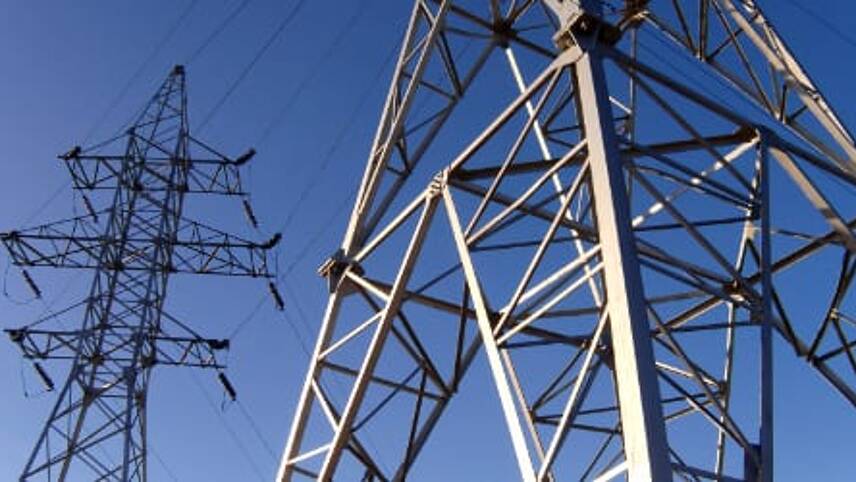Member only content free until 27/05/2024
To continue reading this article and enjoying free access to all Utility Week’s content up to the 27/05/2024 Register today!
Ready to become a member?

Shadow energy minister Alan Whitehead has suggested that Labour is unlikely to proceed with the government’s proposed “pounds for pylons” scheme, if the party wins the upcoming general election.
Whitehead said that the proposal, which would provide financial benefits to households near to infrastructure developments, is not a “long-term strategy” for upgrading the grid.
Instead, Whitehead said that Labour would look at making undergrounding of transmission lines more cost effective.
As part of its response to the Winser review of transmission network planning, the government announced last November that electricity bill discounts of up to £1,000 per annum could be offered to households living within 200 metres of new grid infrastructure.
In addition, the government is proposing packages of benefits for affected communities, which would be worth £200,000 per km of overhead transmission line.
“The idea of bunging people a few pounds to make something that is a problem less of a problem is not really a long-term strategy,” Whitehead said while speaking at a Westminster Hall debate.
He said that new infrastructure to connect offshore wind farms to the grid should “largely” be built at sea but some would be required to bring electricity generated onshore and transported to centres of demand.
Whitehead said he is “very interested” in proposals on how the onshore impact of grid upgrades can be ameliorated.
This could include taking account of the “strategic effect” of undergrounding transmission lines rather than the on-paper less costly option of building pylons, he said: “That means that we change the arrangements whereby undergrounding is always considered to be a much more costly operation, simply because the full effect is not taken into account.
“That full effect is the overall strategic effect of undergrounding as opposed to building pylons in onshore arrangements.
“If we had a different way of measuring that full effect through our permissioning systems, we would go a long way towards making undergrounding a much better proposition for onshore arrangements.”
Whitehead added that new technological developments could “substantially reduce” the cost of undergrounding cables in the future.
This could include extending cable ploughing, which is already used by distribution networks, for larger transmission cables.
The Welsh Government is currently undertaking a study into whether cable ploughing is technically feasible for transmission lines.
Independent Welsh MP Jonathan Edwards said in the debate that the technique could plough about a kilometre of transmission line a day and is “far cheaper” than traditional undergrounding techniques.
Scottish Liberal Democrat Jamie Stone also cast doubt on the government’s “pounds for pylons” proposals, saying such offers by network companies are “unacceptable” and “will not really sort the problem” raised by grid upgrades.
As previously report by Utility Week, Scottish Power chief executive Keith Anderson has also questioned the effectiveness of the government’s “pounds for pylons” scheme.




Please login or Register to leave a comment.